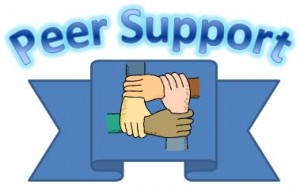
(6-27-16) Let’s begin with news and then readers’ reactions.
1. Virginia State Police officials announced last week that they will investigate the horrific death of Jamycheal Mitchell , the 24 year-old inmate with schizophrenia who died in the Hampton Roads Regional Jail while waiting 101 days for an open bed in a state hospital. The investigation will be the first by outside investigators into how a prisoner who was supposed to be under continual watch and daily care by a nurse suffered a heart attack brought on by starvation.
2. During a meeting last week, the Fairfax -Falls Church Community Services Board did not reverse its decision to defund the top peer job in the county.
3. The Boston Globe’s Spotlight investigative team, made famous for its Pulitzer Prize winning expose about sexual abuse inside the Catholic Church, launched the first in a series of stories last week called the Desperate and the Dead about our broken mental health system. The first installment was about violence in families.
Reaction by Readers to recent blogs
Blogs that I posted about the tepid response of the disAbility Law Center in Virginia to Jamycheal Mitchell’s death and the need for peers in Fairfax sparked a flurry of email responses. Here are snippets worth reading.
Lots of Lawyers at disAbility. Millions of $$ But Little To Show For Virginians.
I have long wondered what the disAbility Law Center (DLCV), formerly VOPA, actually accomplished on behalf of the Commonwealth’s citizens with mental illness and developmental disabilities. Your blog posting this morning caused me to drill down to learn about the organization and what I found was not encouraging. Most surprising is the observation that the DLCV has a huge staff and a large budget, but few genuine accomplishments on behalf of mentally disabled Virginians.







